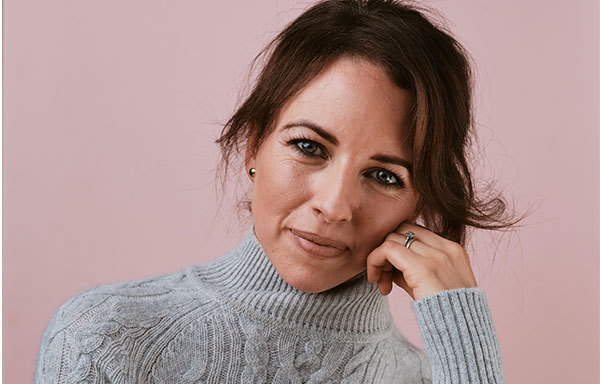What it means to be reflective and tips on how to practise

By Dr Samantha Weld-Blundell
Founder: The Little Psychology Company
BSc. (Hons) MSc. DECPsy. CPsychol
Reflective practice is used routinely by healthcare and education professions to ensure self-awareness, ownership, responsibility, engagement, interest, motivation, and professional growth.
As a parent and a psychologist, I find being reflective in both roles very beneficial, personally, and professionally. Being reflective and recognising our own qualities and our positive attributes can help boost our:
- Self-awareness
- Emotional intelligence
- Developing a better understanding of others
- Creative thinking skills
- Self-confidence
- Resilience and happiness.
Keeping a diary is a chance to record moments in time and provides an opportunity for you to learn from yourself, from past experiences and further develop your individuality and skills. Reflective practice can better prepare us for when a similar situation arises.
These questions below can help you take responsibility for your own thoughts, feelings, and behaviours; think how these impact on your behaviours and consider what changes you might make.
- What happened?
- What I noticed about me
- What were my reactions
- How did I feel?
- What went well?
- What went not so well?
- Do other people have the same view as you?” (Who and Why?)
- How have you managed a similar situation in the past?
- What are you going to do differently in this type of situation next time?
samantha@thelittlepsychology.co
https://www.instagram.com/thelittlepsychology.co/